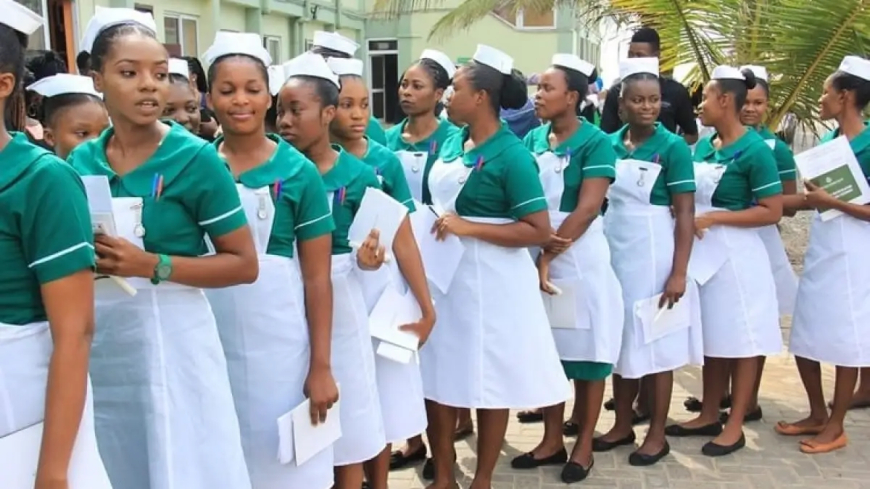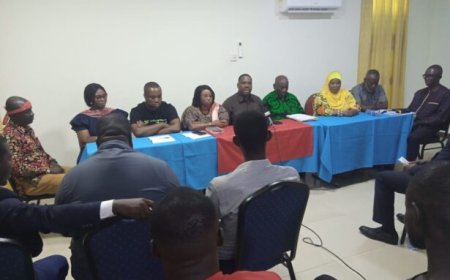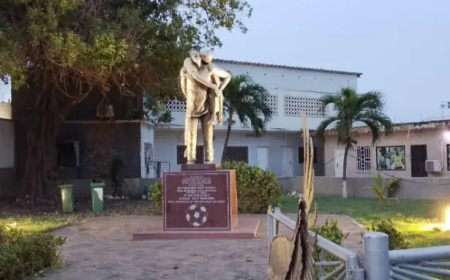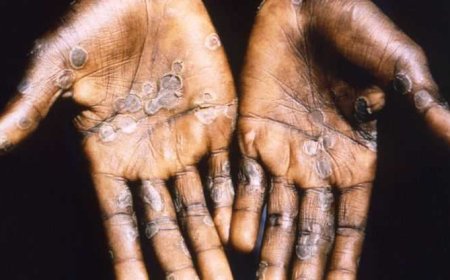Ghana Nurse-Midwives Trainees Thank Gov’t for Allowance, Demand Action on Rising Fees and Unemployment
The Ghana Nurse-Midwives Trainees Association (GNMTA) has expressed gratitude to the government for continuing to provide allowances for trainees across the country. However, the association has also raised urgent concerns regarding the rising cost of education and increasing unemployment among nursing and midwifery graduates.

Appreciation for Allowance Payments
The government’s restoration of trainee allowances has been a significant relief for many nursing and midwifery students, easing their financial burden. Speaking at a press conference, the leadership of GNMTA acknowledged the importance of these stipends in supporting students through their training.
“We commend the government for its commitment to sustaining the allowance policy, which has helped many trainees cover basic expenses,” said a GNMTA representative. “This has made nursing and midwifery training more accessible to students from low-income backgrounds.”
Concerns Over Rising Tuition and Associated Fees
Despite their gratitude, the trainees voiced deep concerns over the rising cost of nursing and midwifery education. Many institutions have increased tuition, accommodation, and examination fees, placing a heavy financial strain on students.
“The continuous increment in fees is making it difficult for trainees to complete their education. We urge the government to regulate and subsidize costs to ensure that aspiring nurses and midwives can afford their training,” the association stated.
Growing Unemployment Among Nursing and Midwifery Graduates
Another pressing issue raised by the association is the increasing unemployment rate among trained nurses and midwives. Despite completing their programs, many graduates struggle to secure jobs due to a lack of vacancies in the public health sector and limited opportunities in private healthcare facilities.
“It is frustrating to complete training and remain jobless for years. The government must create more employment avenues, fast-track recruitment processes, and expand healthcare infrastructure to absorb the growing number of graduates,” GNMTA emphasized.
The association also called for better workforce planning and engagement between the government and healthcare stakeholders to ensure that training aligns with job availability.
Government’s Response and the Way Forward
The Ministry of Health has acknowledged the concerns raised by the trainees and assured them that discussions are ongoing to address fee increments and employment challenges. A government spokesperson noted that plans are being made to recruit more nurses and midwives while exploring partnerships with international health agencies to facilitate job placements abroad.
However, stakeholders argue that more decisive action is needed to provide long-term solutions to these issues. Health analysts have also suggested that the government invest in healthcare expansion projects to increase job opportunities within the sector.
Conclusion
While Ghana’s Nurse-Midwives Trainees appreciate the government’s financial support through allowances, they remain firm in their demand for urgent action on rising educational fees and growing unemployment. The future of Ghana’s healthcare system depends on strategic planning and investment to ensure that trained professionals can effectively contribute to national health goals.
What's Your Reaction?



















































































